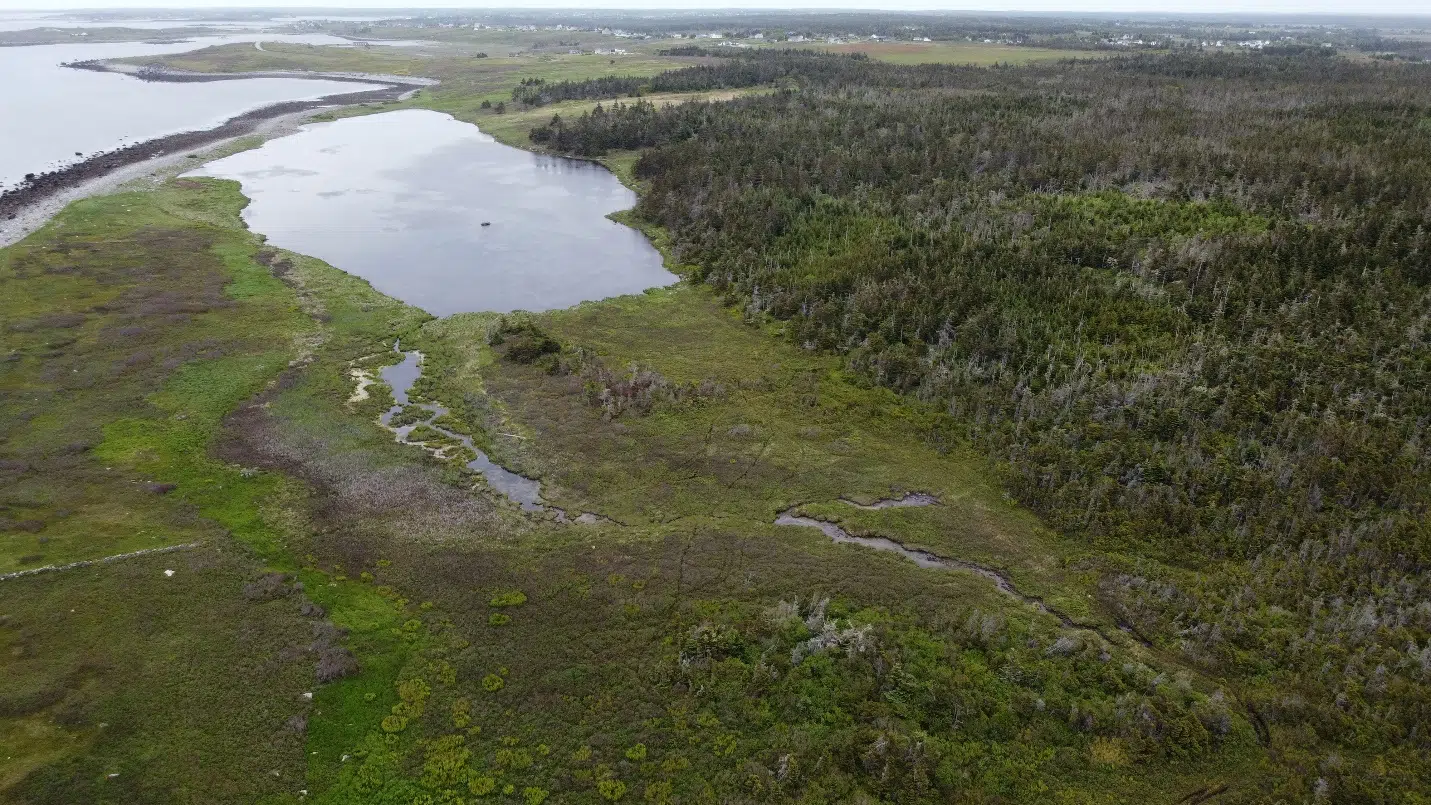
The potential site of Boreal Salmon's open-flow land-based salmon farm in Chebogue. (Contributed Photo)
The Municipality of Yarmouth hosted a virtual public participation meeting last night.
About 60 people logged in to share their thoughts on proposed amendments to the Municipal Planning Strategy, which would allow more types of aquaculture activities in the region.
Experts from the fields of industry, environment and community, along with planners were available to answer questions.
Planning Advisory Committee (PAC) chair Trevor Cunningham says all of the feedback was recorded.
“The PAC members, including myself, want to take the time to collect as much information as we can to make a good, recommendation to our council,” said Cunningham.
The next PAC meeting is July 29th, but Cunningham says a recommendation likely won’t be made right away.
He says the committee is going to do their due diligence, and examine provincial and federal legislation surrounding aquaculture more closely.
“We’re here to certainly work with the community and make sound decisions for the good of the whole area.”
The changes are being considered, as Boreal Salmon is looking to develop an open-flow, land-based salmon farm in Chebogue Point.
Even though that proposal was not on the agenda last night, many opposed to it made sure it was top of mind.
A senior advisor with the Coldwater Lobster Association Bernie Berry says he felt the format of the meeting didn’t allow for a full discussion on the issues.
“It never allowed the community and industry to get into the problems that we could be facing down the road,” said Berry.
Berry says the next few weeks will be important, as the committee prepares a recommendation to council.
“The best chances we have at maybe altering the course of this, was last night, and over the next week to two weeks, as the PAC develops their recommendation that they’re going to make to council. I think we missed a golden opportunity last night simply because of the format.”
He was part of a group that protested outside the municipal office last week, who are concerned of negative impacts that increased aquaculture activities could have on the fishing industry, wildlife and environment.







